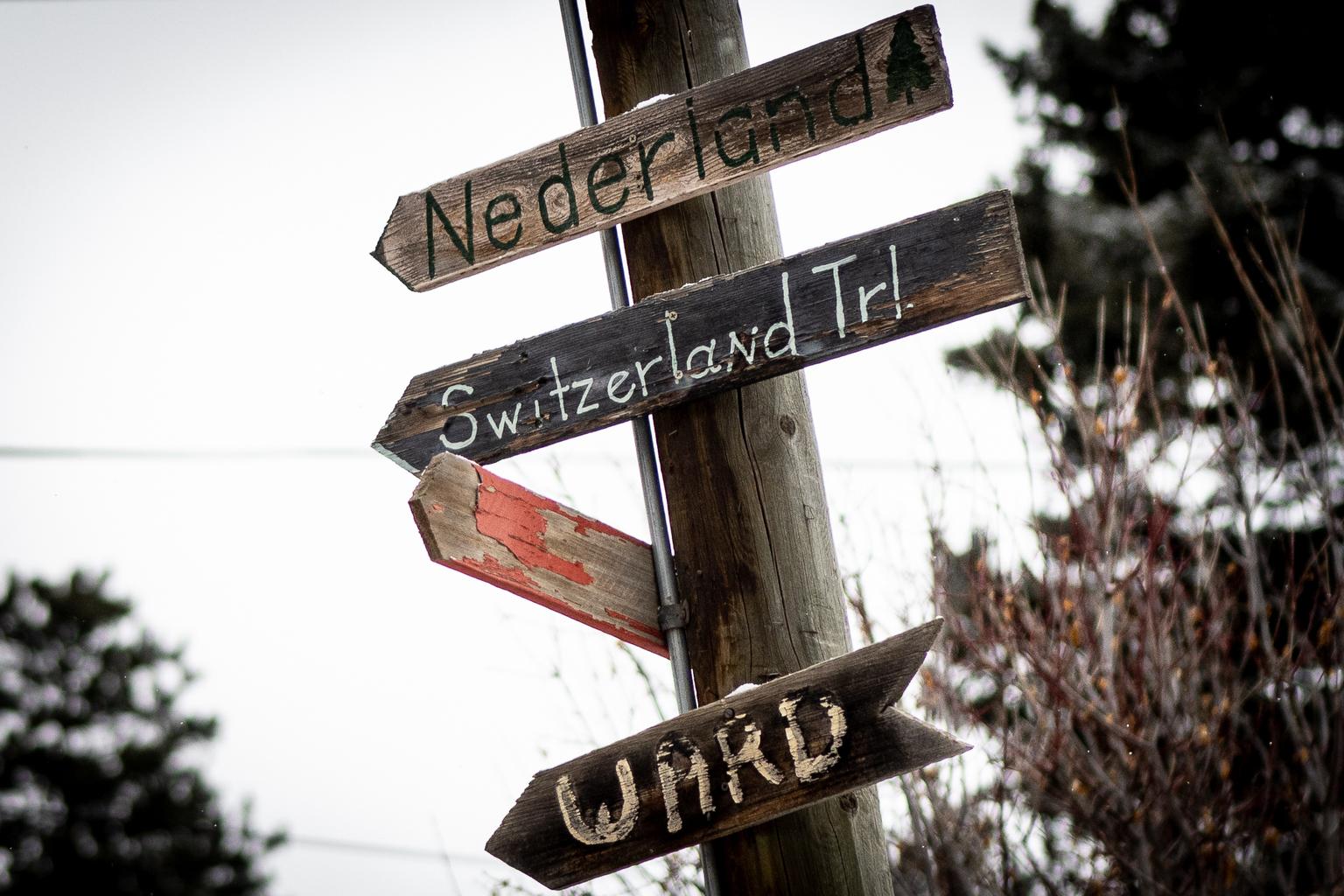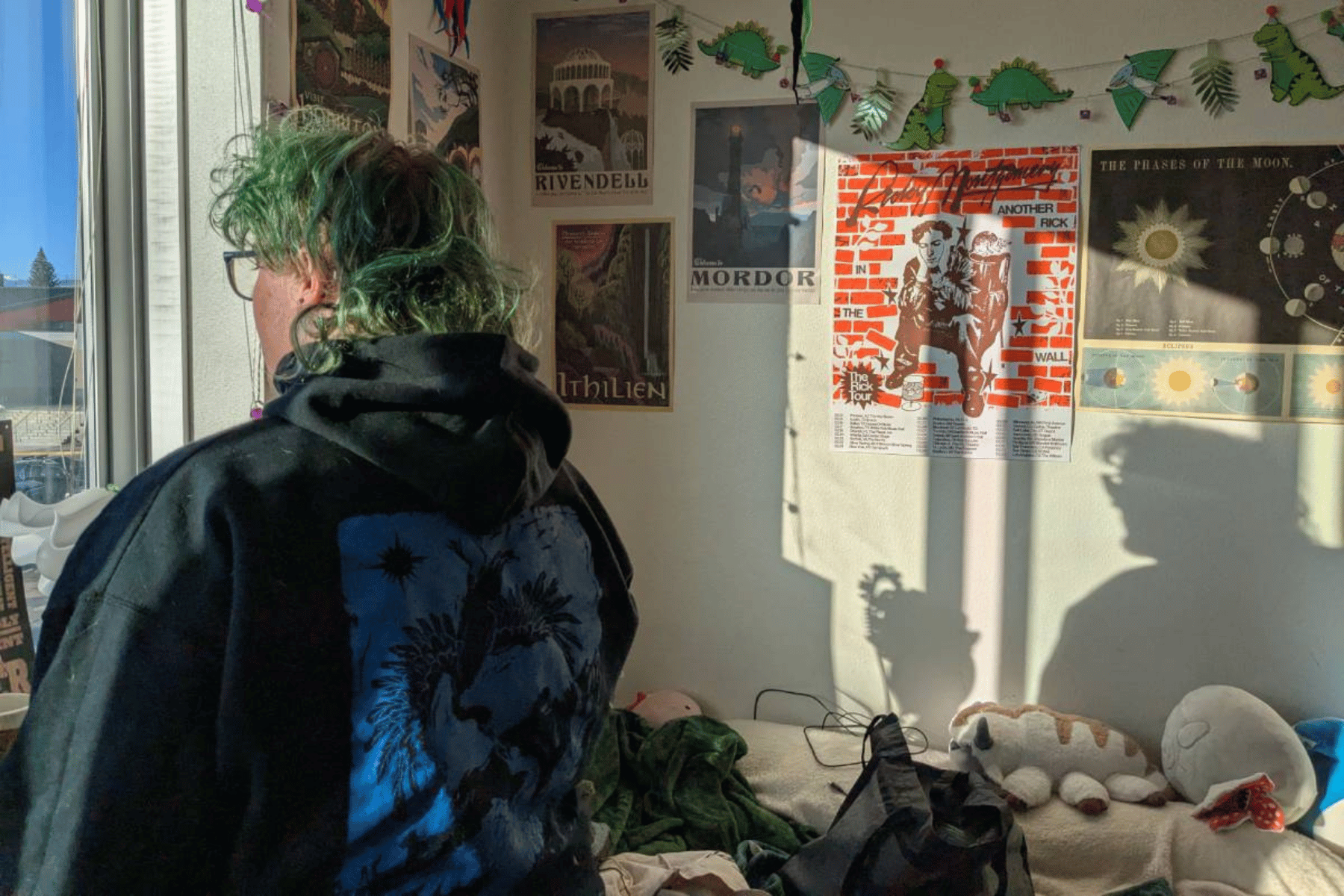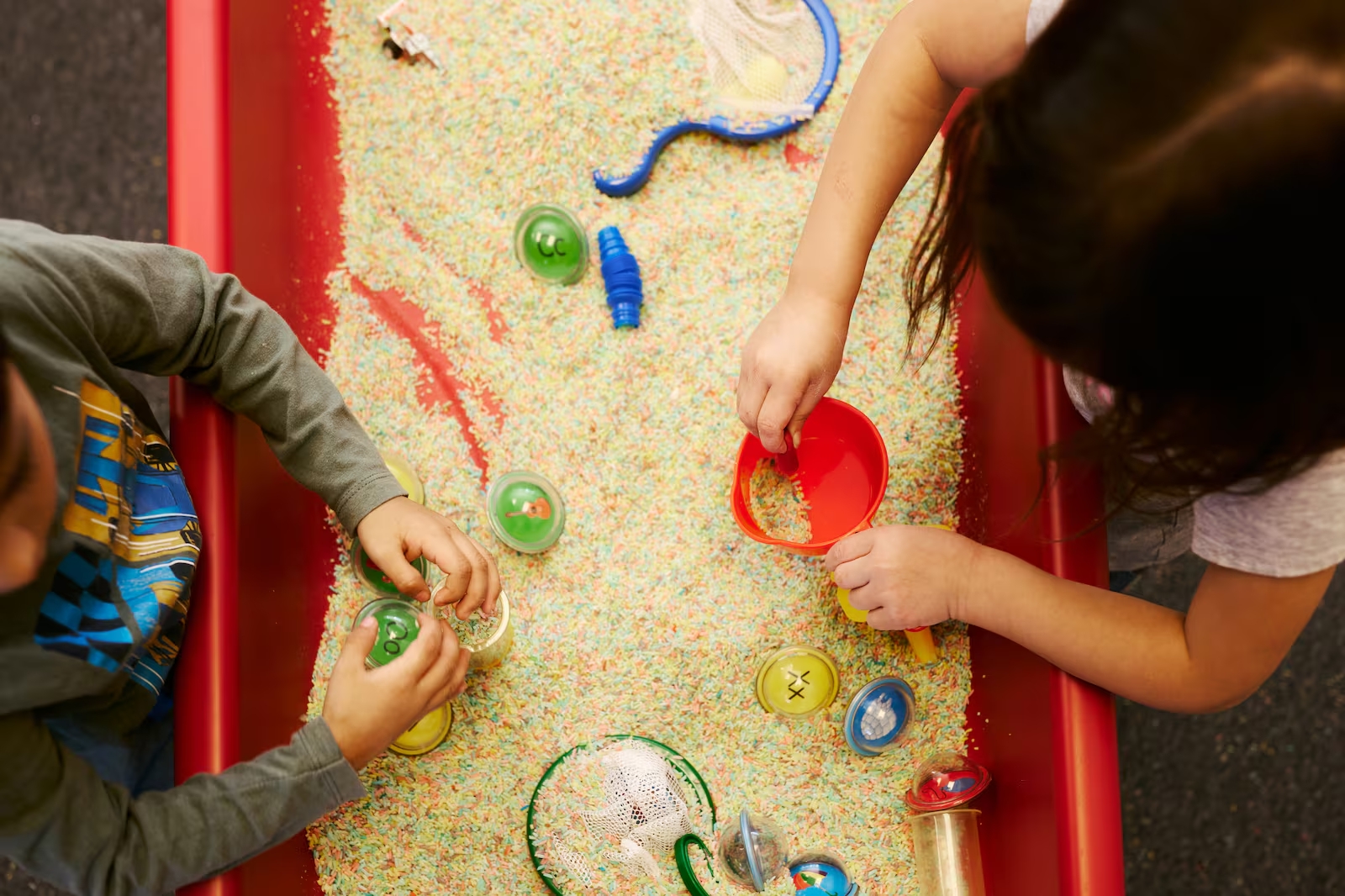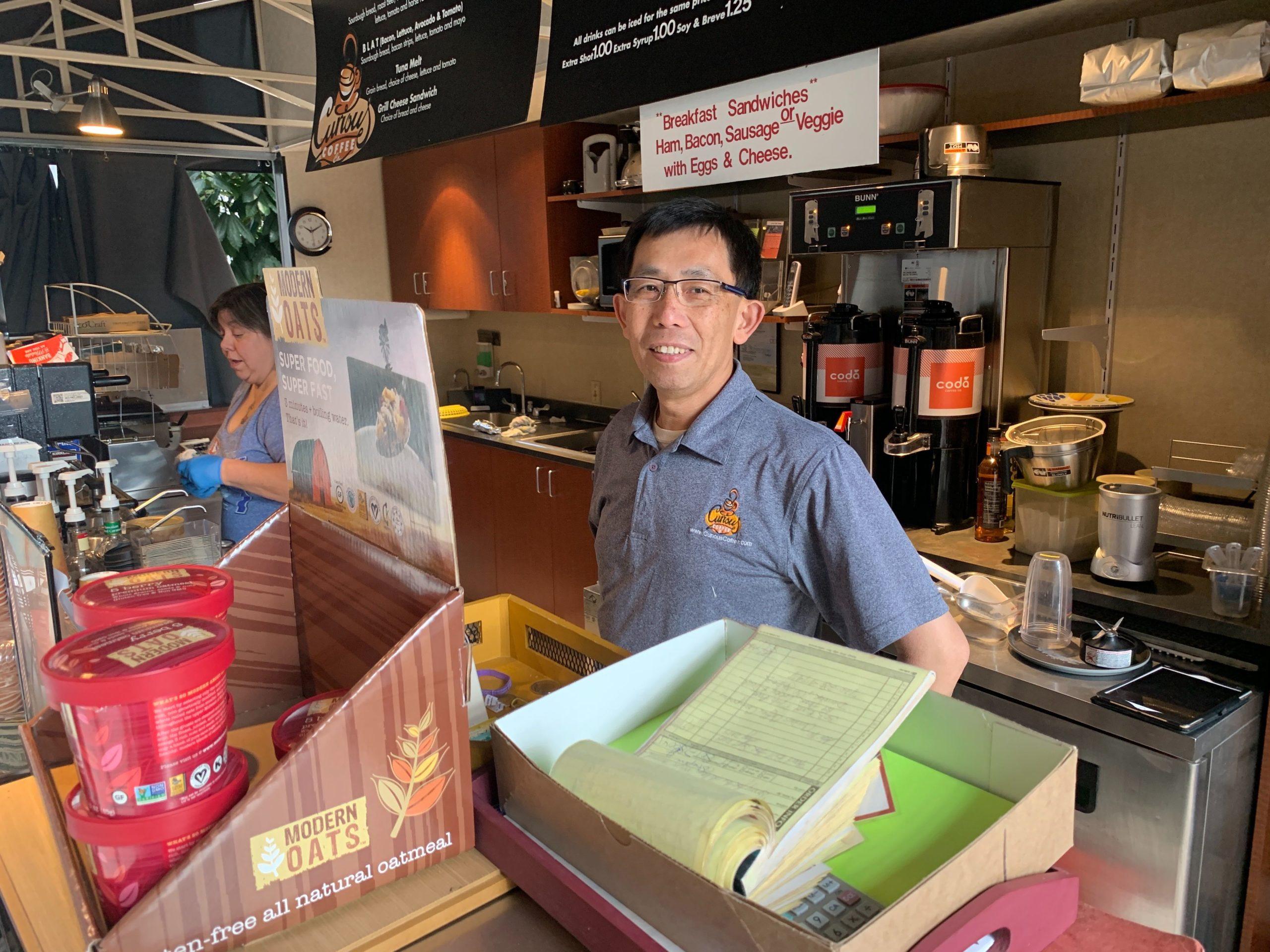
Chen Ng of Centennial was walking his dog near the Southlands mall in metro Denver a few weekends ago when he said he had a scary run-in with a stranger.
“Someone on a skateboard just called me names," he said. The person added, "Go back to where you come from.”
Ng teared up relaying the story.
He thinks President Donald Trump’s insistence on calling the new coronavirus the “Chinese virus” has fueled harassment against people like Ng.
“It’s just not helping, what he said,” Ng said. “Anywhere I go, I just don’t feel comfortable out and about.”
Ng isn’t the only person of Asian descent who has had an experience like this. Some have reported the incidents. The Anti-Defamation League has found more than 48 reports since January of racist threats or harassment towards Asian Americans and Pacific Islanders nationwide.
In Denver, “We've dealt with two targets of discrimination,” said Scott Levin, the ADL’s mountain states director. “That doesn't include the scores of people that contacted our office in response to the liquor store that was in Louisville.”
Union Jack Liquor posted a sign outside its store on March 19 with white supremacy messaging and the words “Thanks China” written on it. The liquor store apologized and removed the sign. But Levin said just like derogatory names like the "China virus," the sign in Louisville had already sent a very powerful message.
“Any of those things do nothing more than to reinforce discrimination,” he said.
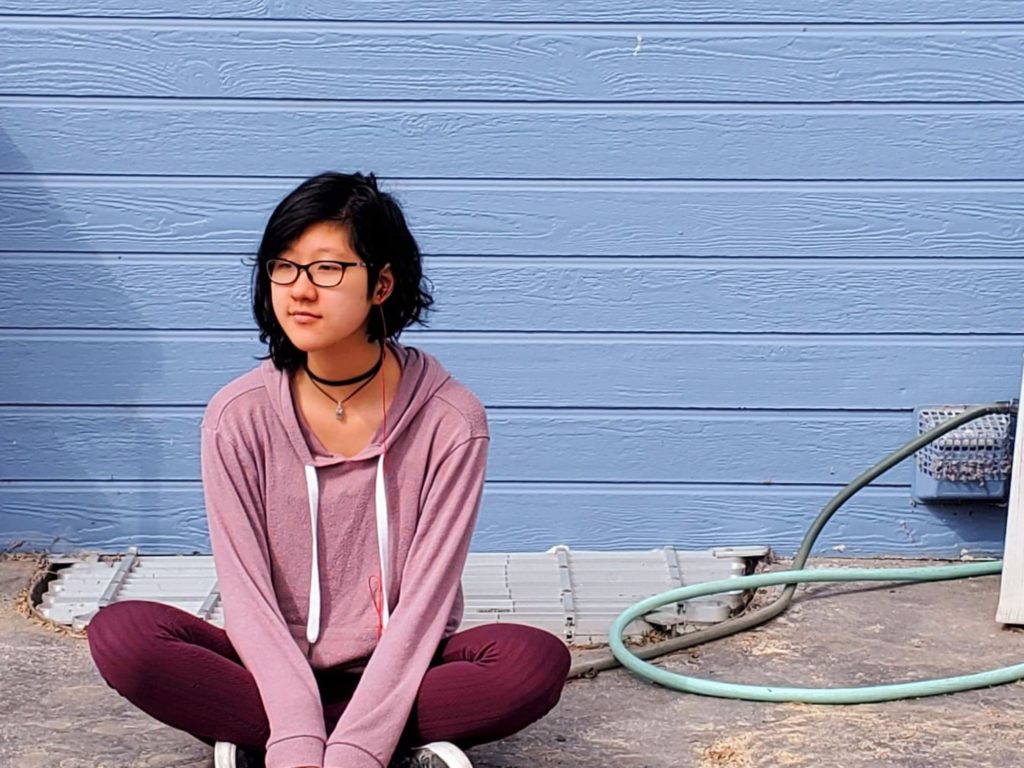
That kind of bias can hurt people like Alex Nguyen, a student at the University of Colorado Boulder, who uses the pronoun "they." They said before the school shut down because of the virus, they couldn’t walk outside their apartment without getting strange looks from people. On the bus, people avoided sitting next to them.
“It was really painful to just sit there and watch people like, anytime you even just sniffled, for people to just look at you, to just jump and look at you like you were going to give them something,” they said.
Although they're staying with their parents now and not spending a lot of time outside because of social distancing, Nguyen is still worried about safety if they even cough in front of strangers.
“I’m kind of scared to go out in public now,” Nguyen said. “I feel like I have to carry a water bottle with me at all times and make sure that my throat is never dry even if I’m just coughing a little bit.”
Colorado’s state historian William Wei said this isn’t the first time Asian people have experienced blatant racism.
“Asians in Colorado have almost from the get-go experienced persecution," Wei said. "Because people have viewed them with considerable concern because of the so-called threat they seem to pose."
Taken to the extreme, Wei said the persecution can massively violate the civil rights of Asian people living here. Thousands of Japanese and Japanese Americans were held in concentration camps like Amache in southeastern Colorado in the years after Pearl Harbor. Wei said most political leaders learned from that history.
“It’s a lesson that hasn't necessarily persisted to the present, given Donald Trump's use of that unfortunate term,” Wei said. “Consequently, [the president] has backpedaled and has said that Asian Americans are blameless. And this was belated. It has already, of course, caused considerable damage.”
Levin, with the ADL, said people should report harassment and call out bias and racism when they see it. Wei hopes that when the coronavirus pandemic is over, people will be able to look back with some dignity and unity.
“I hope that they will remember that they had worked together in order to combat this health scourage that is causing so much damage in our community,” he said.
But for now, Wei is disappointed to see that the kind of harassment that Ng and Nguyen have experienced is still happening.
“We haven’t evolved as much as I had hoped.”



